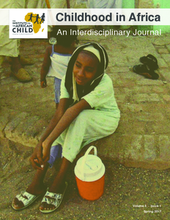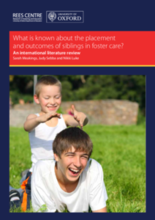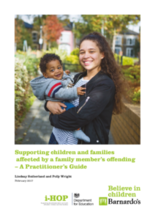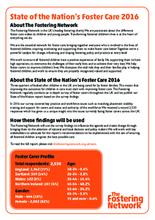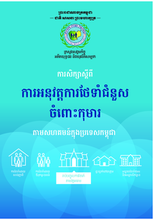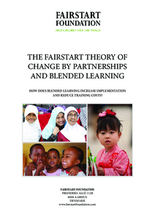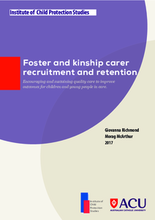Displaying 1591 - 1600 of 2221
A case study approach was utilized to investigate individually and as a group, the aging out process of nine sexual minority adults, specifically, lesbian, gay and transgender (LGT) adults who transitioned from a Mid-Atlantic foster care system to adulthood.
This study investigates how the relationship between youth recently emancipated from care and certain key adults affect the youths' lives.
This issue of Childhood in Africa includes several articles related to children's care, including 'Embedding social justice in Ugandan adoption and legal guardianship cases' and 'The care and support of vulnerable children by foster care families in Uganda: Lessons in social justice and social protection.'
This review of the international research examines what is known about the placement of siblings in foster care.
The aim of this guide is to enable practitioners to support children affected by a family member’s offending within a whole family approach.
Key findings on the state of the United Kingdom’s foster care system by The Fostering Network note that although most foster carers say they want to continue caring for children, only 55% say that they would recommend it to others.
In this video from The Dr. Phil Show, Dr. Phil discusses the foster care crisis in the U.S. and the negative impact over-reliance on foster care can have on children and families.
The ‘Study on Alternative Care Community Practices for Children in Cambodia, including Pagoda-based care’ (published in Khmer) is the first of its kind which sheds light on how different forms of alternative care are being used in the community.
This paper describes the blended learning theory and practcal training designs from the Fairstart Foundaton, afer ten years of partnerships that have trained the caregivers of some 30.000 placed children and youth.
The subject of this report is to present the findings of stage two of a project aimed to address the anticipated risk to the foster care workforce by identifying and disseminating the most effective strategies to attract, support and retain foster caring families across all states and territories in Australia.

